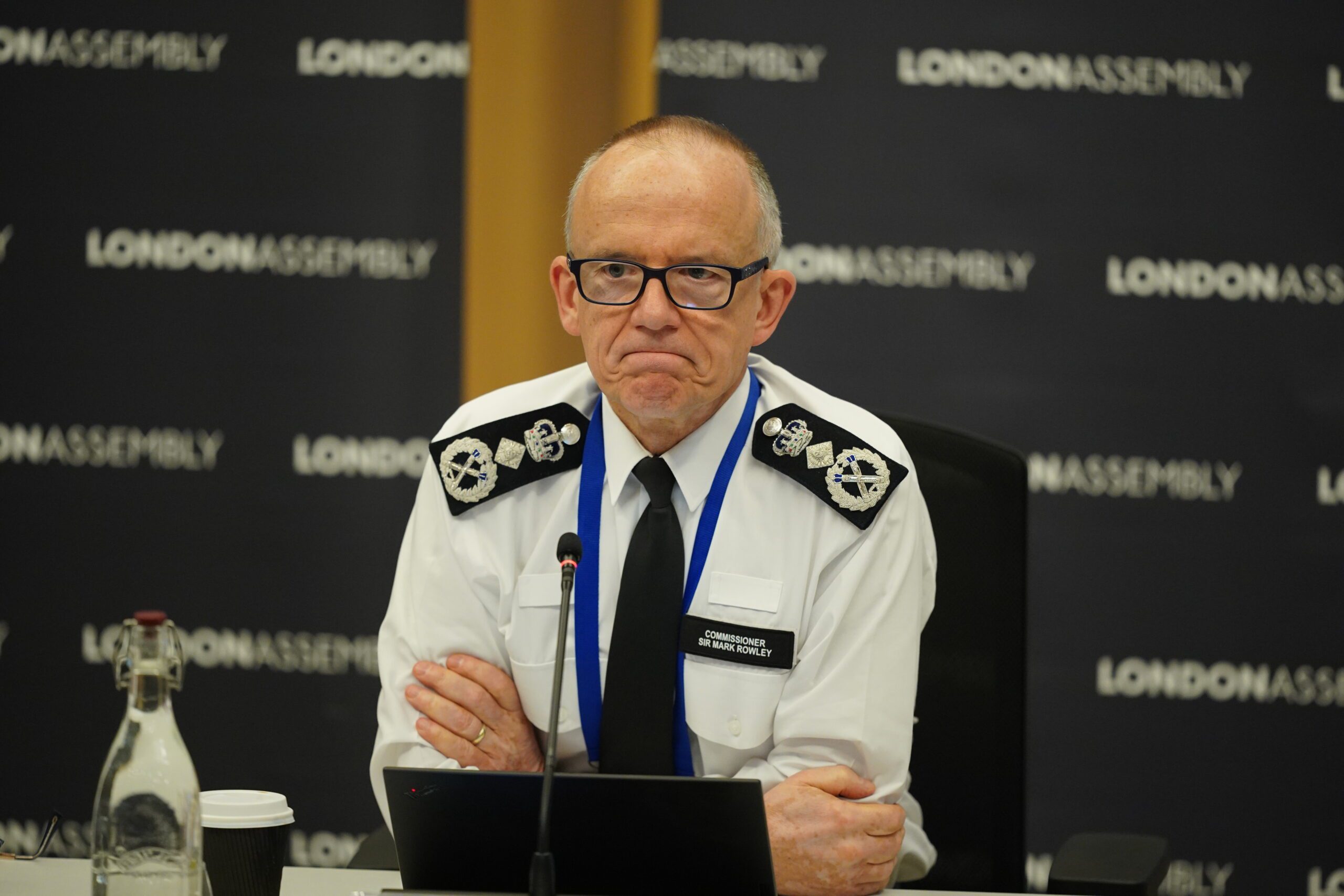‘Seeing police would have scared me’: Psychiatrist speaks on Met’s move to not attend mental health calls
An NHS psychiatrist has said the Met’s plan to stop attending mental health incidents could shape how mental health is approached in the long run.
The Met have said officers will only attend mental health 999 calls where there is an immediate threat to life from September.
It believes the move will free up officers after a significant rise in the number of mental health incidents being dealt with by the force in the past five years.
But mental health care professionals have hit back to say there is not enough capacity in the NHS to replace the work currently carried out by police officers
Ahmed Hankir, 40, from Crystal Palace works as a psychiatrist at the South London and Maudsley NHS foundation in London Road, Norbury.

“It’s a reflection of the disparity between physical and mental health care,” he said.
“People are presenting in a crisis situation because they are not getting help earlier because of this disparity and inadequate funding. These people are amongst the most vulnerable in society.
“They can be at an increased risk of harm to themselves or others when they are in a state of paranoia, for example.
“If police won’t get involved unless it’s a matter of life and death, doesn’t that increase this risk of harm?
“I think we must consider if this could lead to an increase in mortality. How are they going to define which cases are a more serious risk to life? ”
Mr Hankir was a psychiatric patient in 2006 when he was a medical student due to trauma he experienced during the civil war in Lebanon.
He said: “We should really be asking the patients to see what would help them.
“From my own experience as a mental health patient of colour, if I was extremely paranoid I know I wouldn’t have wanted to see the police, it would have scared me. Patients see police and think they are being punished.”
Met Commissioner Sir Mark Rowley wrote to health and social care services in Greater London to inform them of the plan last week.
In the letter Mr Rowley said it takes almost 23 hours on average from the point at which someone is detained under the Mental Health Act until they are handed into medical care.
He wrote that officers are spending more than 10,000 hours a month on health matters, adding that police are failing patients by not ensuring they receive proper help.
Mr Hankir said: “I think the problem is that the Met hasn’t been clear enough. I only found out through a press release and there wasn’t enough information.
I was forced to interrupt med school due to a mental health condition. A medic who I thought was a friend said behind my back I don’t have what it takes to be a doctor. I recover, qualify & in 2022 receive the World Health Organisation Director General Award for Global Health. pic.twitter.com/xfzpq2DbR8
— The Wounded Healer (@ahmedhankir) March 1, 2023
“I understand that the Met are underfunded and under-resourced, we need more mental health professionals to help people with mental health problems receive the specialist care they need.
“People who suffer from mental health issues are not violent people. If anything, they are more likely to be the victims of violence, not perpetrators.
“We need a holistic alternative and a less coercive approach when dealing with mental health.
“If we can manage to replace the police with mental health professionals who can respond to these people, this could potentially cause a really positive change.”
A Met spokesman said: “Police are compassionate and highly skilled but they are not trained to deliver mental health care and spend an average of 10 hours with a patient when they are sectioned under the Mental Health Act. In London alone between 500-600 times a month, officers are waiting for this length of time to hand over patients, and it cannot continue.
“We welcome the Government’s attention and support on this issue, as well as increased investment in health provision.
“Work is already underway in London to develop a concordat across health provision and this is very welcome, however in the interests of patients and the public, we urgently need to redress the imbalance of responsibility, where police officers are left delivering health responsibilities.”
Pictured top: Ahmed Hankir receiving the Director General’s Award for Global Health (Picture: Ahmed Hankir)
Everyone at the South London Press thanks you for your continued support.
Former Housing Secretary Robert Jenrick has encouraged everyone in the country who can afford to do so to buy a newspaper, and told the Downing Street press briefing:
“A FREE COUNTRY NEEDS A FREE PRESS, AND THE NEWSPAPERS OF OUR COUNTRY ARE UNDER SIGNIFICANT FINANCIAL PRESSURE”
If you can afford to do so, we would be so grateful if you can make a donation which will allow us to continue to bring stories to you, both in print and online. Or please make cheques payable to “MSI Media Limited” and send by post to South London Press, Unit 112, 160 Bromley Road, Catford, London SE6 2NZ






